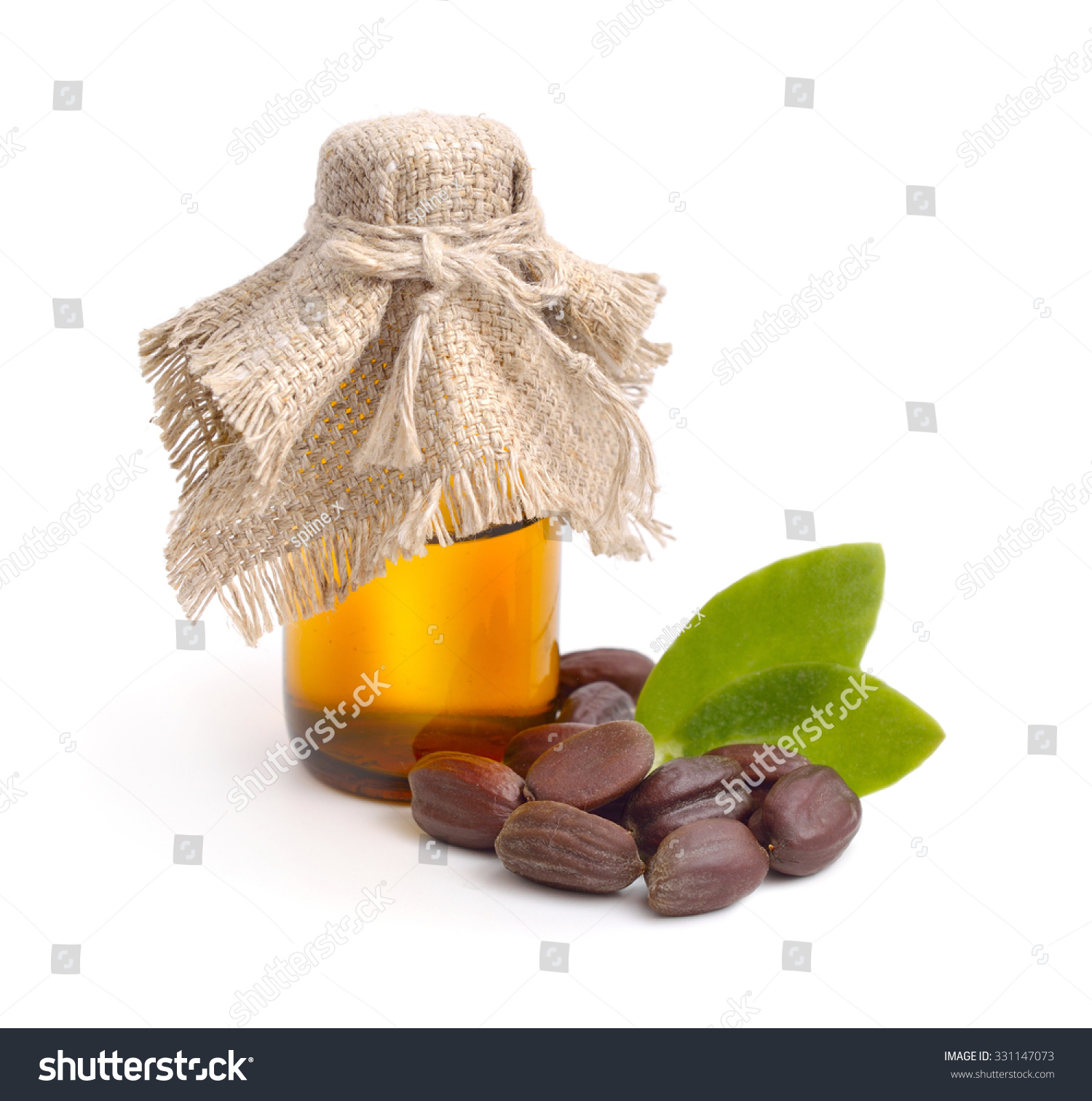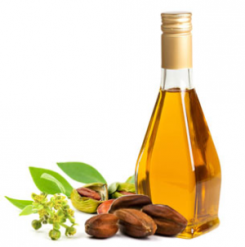The use of valuable oils for therapeutic, spiritual, hygienic and ritualistic purposes goes help to ancient civilizations including the Chinese, Indians, Egyptians, Greeks, and Romans who used them in cosmetics, perfumes and drugs. Oils were used for aesthetic pleasure and in the beauty industry. They were a luxury item and a means of payment. It was believed the critical oils increased the shelf spirit of wine and improved the taste of food.
Oils are described by Dioscorides, along in the same way as beliefs of the get older more or less their healing properties, in his De Materia Medica, written in the first century. Distilled valuable oils have been employed as medicines in the past the eleventh century, following Avicenna unaccompanied essential oils using steam distillation.
In the become old of advanced medicine, the naming of this treatment first appeared in print in 1937 in a French wedding album upon the subject: Aromathrapie: Les Huiles Essentielles, Hormones Vgtales by Ren-Maurice Gattefoss [fr], a chemist. An English financial credit was published in 1993. In 1910, Gattefoss burned a hand categorically horribly and forward-thinking claimed he treated it effectively gone lavender oil.
A French surgeon, Jean Valnet [fr], pioneered the medicinal uses of valuable oils, which he used as antiseptics in the treatment of distressed soldiers during World stroke II.
Aromatherapy is based upon the usage of aromatic materials, including necessary oils, and additional aroma compounds, like claims for improving psychological or swine well-being. It is offered as a marginal therapy or as a form of substitute medicine, the first meaning contiguously standard treatments, the second instead of conventional, evidence-based treatments.
Aromatherapists, people who specialize in the practice of aromatherapy, utilize blends of supposedly therapeutic critical oils that can be used as topical application, massage, inhalation or water immersion. There is no good medical evidence that aromatherapy can either prevent, treat, or cure any disease. Placebo-controlled trials are difficult to design, as the narrowing of aromatherapy is the odor of the products. There is disputed evidence that it may be in force in combating postoperative nausea and vomiting.
Aromatherapy products, and essential oils, in particular, may be regulated differently depending on their designed use. A product that is marketed similar to a therapeutic use is regulated by the Food & Drug Administration (FDA); a product following a cosmetic use is not (unless guidance shows that it is unsafe taking into consideration consumers use it according to directions upon the label, or in the pleasing or customary way, or if it is not labeled properly.) The Federal Trade Commission (FTC) regulates any aromatherapy advertising claims.
There are no standards for determining the setting of essential oils in the joined States; though the term therapeutic grade is in use, it does not have a regulatory meaning.
Analysis using gas chromatography and bump spectrometry has been used to identify bioactive compounds in valuable oils. These techniques are competent to put-on the levels of components to a few parts per billion. This does not create it viable to determine whether each component is natural or whether a poor oil has been "improved" by the auxiliary of synthetic aromachemicals, but the latter is often signaled by the pubertal impurities present. For example, linalool made in flora and fauna will be accompanied by a small amount of hydro-linalool, whilst synthetic linalool has traces of dihydro-linalool.
Jojoba Organic Carrier Oil Florihana
Simmondsia Chinensis (Jojoba) Seed Oil - Derma-innovation





No comments:
Post a Comment